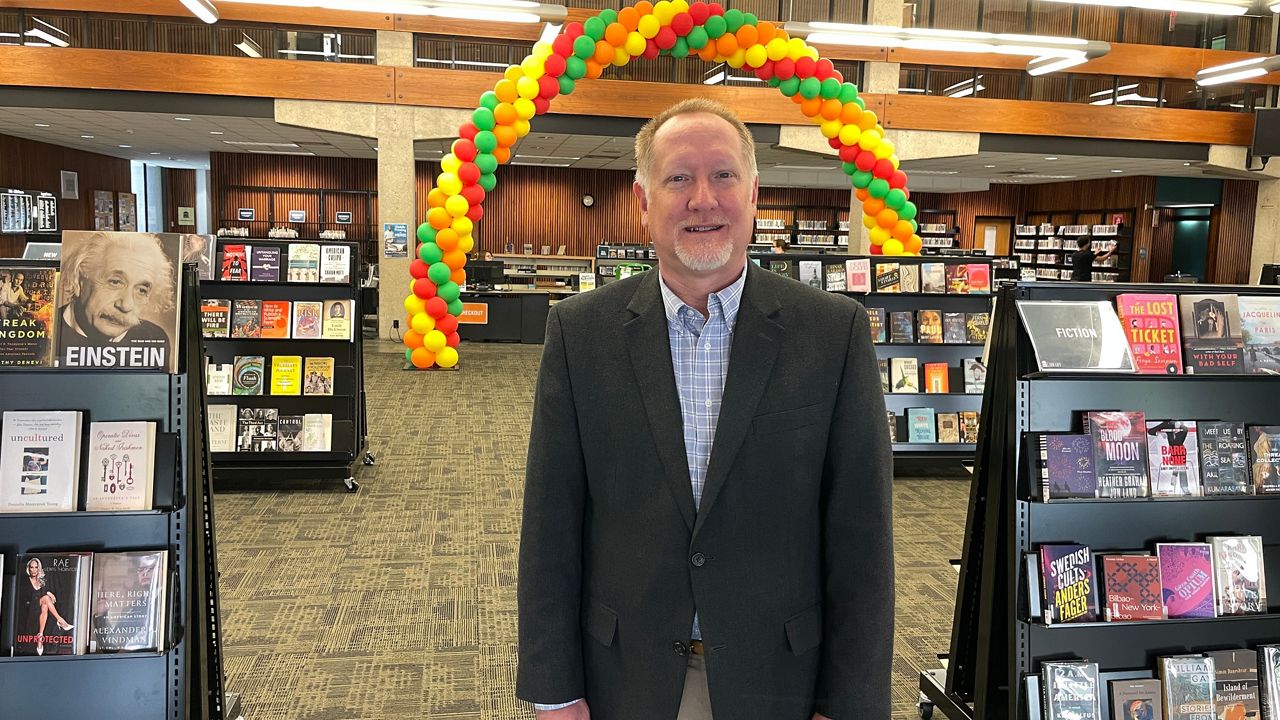LOUISVILLE, Ky. — Artificial intelligence is impacting higher education. One University of Louisville professor is encouraging her students to use the technology for collaboration.
What You Need To Know
- Professor Susan Tanner has been using artificial intelligence for a little over a year
- Tanner believe AI is a tool, and it’s up to the user to research and refine
- Tanner and her team are developing an Artificial Intelligence toolkit that will help professors everywhere incorporate AI into their curriculum
- The kit should be ready within the next six months
Professor Susan Tanner has been using artificial intelligence for a little over a year.
“I think with AI it sort of comes gradually, I guess maybe more exponentially now, but as it’s been growing and getting better, I’ve been increasing the amount that I’ve been using it in my classroom,” said Dr. Tanner.
Dr. Tanner teaches legal writing at the University of Louisville’s Brandeis School of Law. She has found using generative Artificial Intelligence like Chat GPT can help students and professors.
“I can imagine that if someone told a student three years ago that there would be a technology that would write papers for them, the only way you could imagine that would be as cheating,” said Dr. Tanner.
Times have changed. AI is now not only allowed, but sometimes encouraged for collaboration with some coursework.
“You start with an idea, ask something like Chat GBT to give you an outline, you can revise the outline and put it back into Chat GBT have it help you with something like an introduction or language out what you want to say and then as you work though you do sort of iterative prompting. In other words, you see what it’s giving you, you change what you want it to do, and then it’ll give you better and better results,” said Dr. Tanner.
She tells us that AI is a tool. It’s up to the user to research and refine.
“I’m currently teaching about 50 students and only about half of them use it regularly,” said Tanner.
However, in the next few years, she feels the more students and teachers will embrace the technology.
“I think in a year or two, we’ll probably be using it just like other technology, like Word. It’s going to be like spell check. We just expect you to do it,” said Tanner.
Professor Tanner and her team are developing an Artificial Intelligence toolkit that will help professors everywhere incorporate generative artificial intelligence into their legal writing curriculum. She tells us it should be ready within the next six months.










